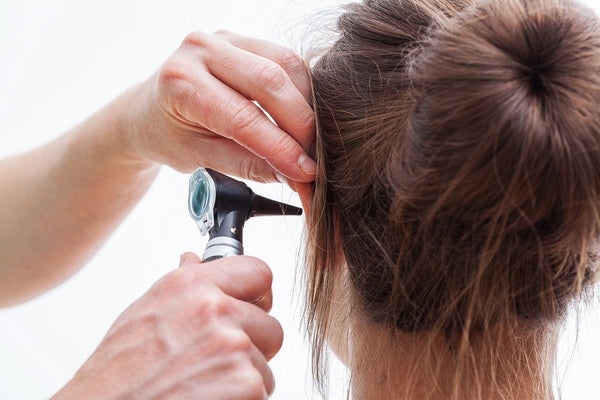Communicating for success ‘THE UNTOLD STORY’
We need to start thinking about our whole communication network…
Everyone needs to be part of a social network – real or digital – from our close family and friends to those we speak to less often but still play a critical role in our lives: doctors, hairdressers, shop keepers and many more. These different circles of people form the structure of our lives, allowing us to grow and develop in good health and happiness. After all, where would the joy in life be without the emotional foundation our personal relationships give us to take on everyday challenges?
If you have hearing loss, your communication partner plays a vital role in your life. They’re often the first to spot a hearing problem and are likely to be the ones encouraging you to seek medical help. They are also generally the first to adapt their communication style to keep the conversation going. After you, they’re also the most affected by your hearing loss. Their perspective really matters. You need to be sure they’re involved in your treatment or hearing rehabilitation and any related decision-making.
Managing communication in a variety of settings can be challenging
If you develop hearing loss, the way in which you manage and keep up these relationships can be slightly different – and sometimes more challenging. Communication is key to maintaining healthy family relationships and friendships, and this becomes easier when you hear better. That is why the World Health Organisation (WHO) describes hearing loss as a ‘third-party disability’: the spouse or significant other also experiences more difficulty participating in social situations. You probably have a natural ‘communication partner’ in your life, usually your spouse or another very close family member or friend. Hearing loss can have a real impact on both of you, where repetition causes frustration, fatigue and a loss of those spontaneous, tender moments like sharing a joke or a whispered secret. This is one of the lesser known effects of hearing loss – but it’s important to acknowledge the impact it can have on both of you, as you will both be working harder to have the conversation.
Chatting among friends
Group conversations can also become more complicated. You can often struggle to hear every word when there are a number of people talking at once, or if there’s loud background noise. In these scenarios your communication partner may instinctively and helpfully act as your ‘ear piece’, doing the listening and taking on more of the communication responsibility; for example, by getting the conversation back on track if a misunderstanding takes place.
“Loss of those spontaneous, tender, moments... like sharing a joke or a whispered secret.”
Helping out to stay involved in conversation is a natural instinct but requires effort and can lead to fatigue. The WHO identifies the social impact of hearing loss as one of its most prominent consequences, explaining that exclusion from communication can cause feelings of loneliness, isolation and frustration. And this applies to the communication partner as well as the person with the hearing loss.
What you can do
If you experience hearing loss, or you are in a relationship with someone who does, there are some things you can do to make your situation, and theirs, easier.
Empathise. Acknowledge the effort you both make to ensure positive conversation and appreciate the opportunity for this to actually deepen rather than damage your relationship.
Identify the positive steps that promote easy conversation which work for you.
Involve your communication partner. Bring them along, provide them with the opportunity to describe their point of view and discover ways to enjoy conversation more together.
Seek advice, both of you. It’s also an idea to talk to your audiologist about how to have easier conversations (yes, there are tips and tricks that can make things that little bit easier). If you have hearing loss, make sure you consider your significant other and put them at the centre of the treatment process. It can make a real positive difference to your relationship, and to living a fulfilling life with hearing loss.
Did you know, people who bring partners with them:
Enjoy appointments more.
Are more confident with technology and communication at home.
Experience enhanced quality of life.
Talk to us
Request a FREE hearing assessment with one of our expert audiologists by calling 0800 40 20 20 or by booking online today.
Learn more









